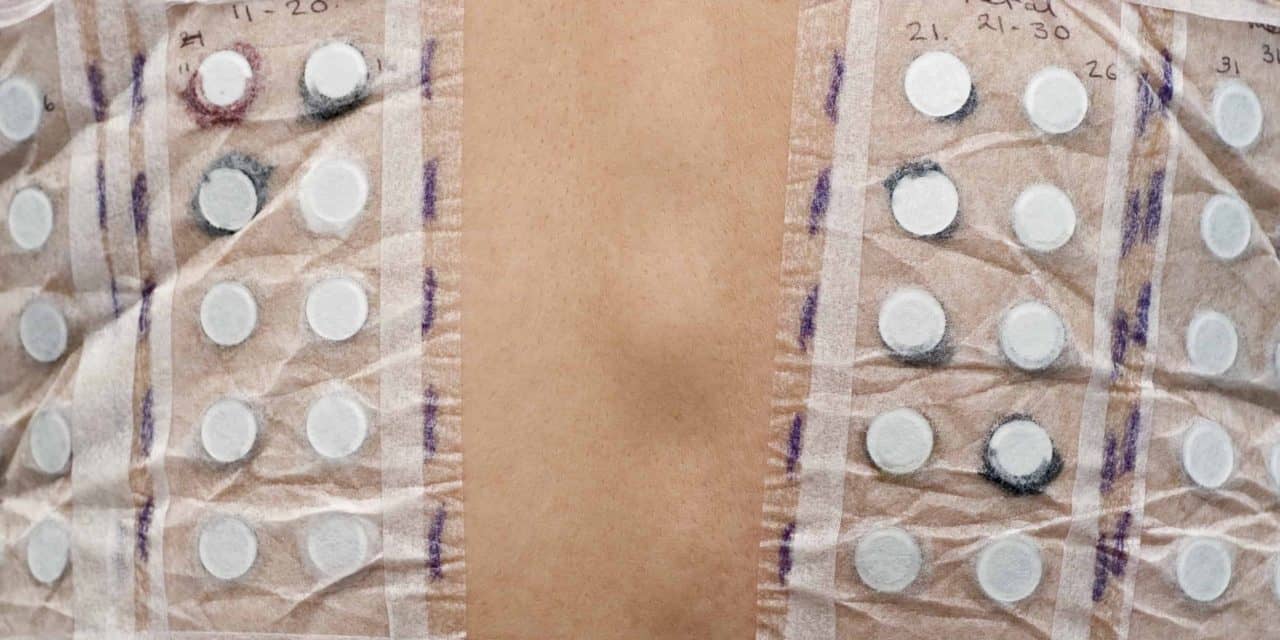After the advent of severe acute respiratory syndrome coronavirus 2 (SARS-CoV-2), the outbreak of coronavirus disease 2019 (COVID-19) commenced across the world. Understanding the Immunopathogenesis of COVID-19 is essential for interrupting viral infectivity and preventing aberrant immune responses before a vaccine can be developed. In this review, we provide the latest insights into the roles of angiotensin-converting enzyme II (ACE2) and Ang II receptor-1 (AT1-R) in this disease. Novel therapeutic strategies, including recombinant ACE2, ACE inhibitors, AT1-R blockers, and Ang 1-7 peptides, may prevent or reduce viruses-induced pulmonary, cardiac, and renal injuries. However, more studies are needed to clarify the efficacy of these therapeutics. Furthermore, considering the common role of the Janus kinase-signal transducer and activator of transcription (JAK-STAT) pathway in AT1-R expressed on peripheral tissues and cytokine receptors on the surface of immune cells, potential targeting of this pathway using JAK inhibitors (JAKinibs) is suggested as a promising approach in patients with COVID-19 who are admitted to hospitals. In addition to antiviral therapy, potential ACE2- and AT1-R-inhibiting strategies, and other supportive care, we suggest other potential JAKinibs and novel anti-inflammatory combination therapies that affect the JAK-STAT pathway in patients with COVID-19. Since the combination of MTX and baricitinib leads to outstanding clinical outcomes, the addition of baricitinib to MTX might be a potential strategy.© 2020 S. Karger AG, Basel.
JAK Inhibition as a New Treatment Strategy for Patients with COVID-19.


